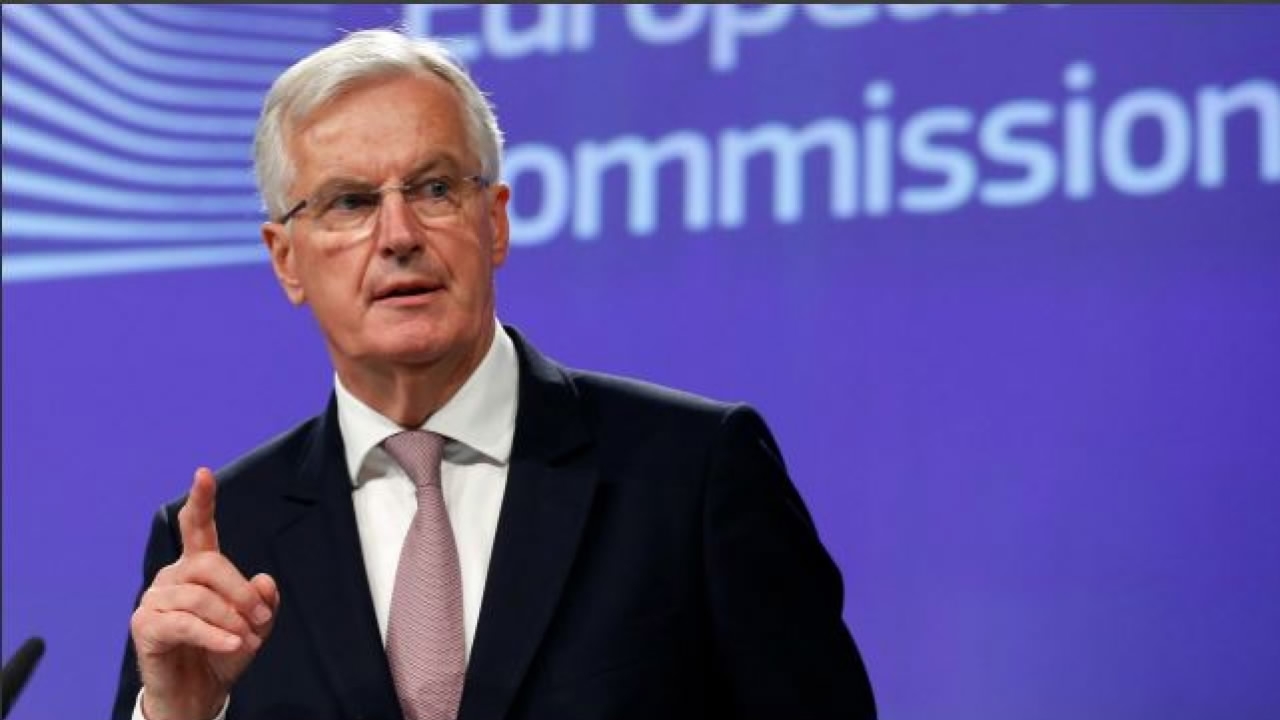
Business
10:50, 10-Jan-2018
EU may treat some UK financial rules as equivalent after Brexit – Barnier
CGTN

The European Union could treat some British financial regulation as equivalent to EU law after Brexit, but would not give financial firms a general “passport” to do business in the single market, the EU’s chief Brexit negotiator said on Tuesday.
In a speech at a Belgian business event, Michel Barnier reiterated that once Britain left the EU on March 29, 2019, its firms would lose the benefits of doing business across a market of 440 million people.
“We will have the opportunity to treat some UK rules as equivalent, based on a proportionate and risk-based approach, including financial stability, which remains our primary concern,” Barnier said.
The City of London would like to retain the easy access to the EU market it has now, but Barnier said this was not possible.
“Its (Britain‘s) financial services cannot benefit from a passport in the single market nor from a system of generalized equivalence of standards,” Barnier said.
Jeremy Browne, the City’s EU envoy, said on Monday the EU’s “one-way” system of equivalence, whereby the EU grants market access to foreign banks if they operate under similar rules to those of the bloc, was a non-starter for most in the City.
“People are quite hardline about not having equivalence as the final state,” Browne said.
Barnier, however, said the integrity of the single EU market was sacrosanct and that much depended on the scope of regulatory divergence between the EU and Britain after Brexit.
“This is neither punishment nor revenge,” he said. “Just that we are masters of our rules and how they are implemented. The United Kingdom, which wants to regain its autonomy of decision-making, must respect ours.”
Member of the European Parliament Nigel Farage, who campaigned for Britain to leave the EU, said on Monday Britain should switch to World Trade Organisation rules with the bloc after Brexit unless it got a good deal on financial services.
Source(s): Reuters

SITEMAP
Copyright © 2018 CGTN. Beijing ICP prepared NO.16065310-3
Copyright © 2018 CGTN. Beijing ICP prepared NO.16065310-3